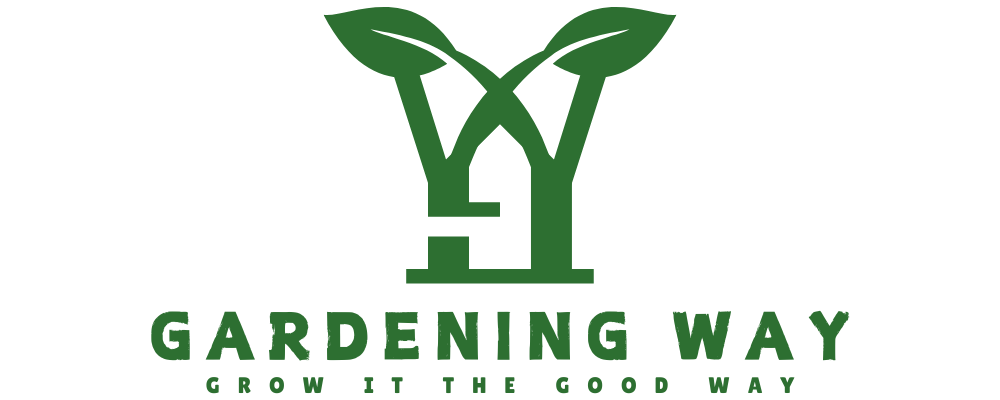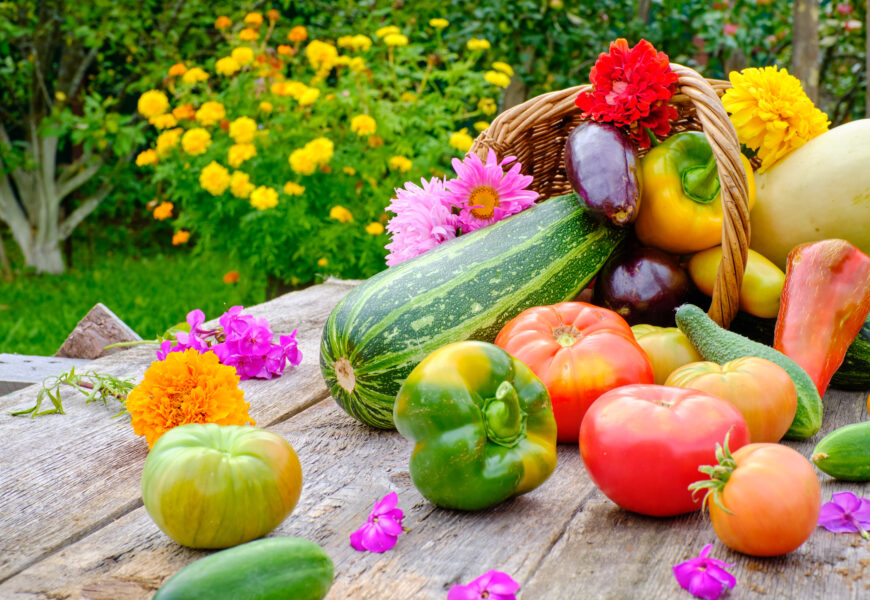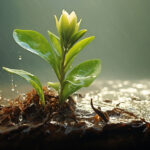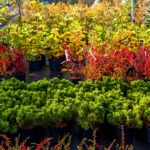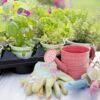Ever thought about how a small amount of earth and a few seeds can grow into a lot of food? Starting an organic garden is more than just planting. It’s about living in harmony with nature and enjoying the fruits of your hard work. But, where do you start on this journey?
This Beginner’s Guide to Organic Gardening shows you how nature and human care work together. This creates a garden that’s good for you and the planet.
Organic gardening for beginners is like painting with every care you give. From the seeds you plant to the bees that visit your garden, it all comes together. Knowing about your local ecosystem, like the USDA’s Plant Hardiness Zones, helps make your garden perfect for your area.
It’s not just about the plants. It’s also about creating a home for beneficial wildlife. This brings bees, butterflies, and hummingbirds to your garden. They help your plants grow and keep nature in balance.
Whether you’re adding Miracle-Gro® organics to your soil, saving water with drip irrigation, or rotating your crops, every step is important. Each action helps your garden grow strong and full. Are you ready to start this rewarding journey? Let’s build your knowledge in organic gardening for beginners.
Embracing the Essentials of Organic Gardening for Beginners
Starting with organic gardening is more than just planting seeds. It’s about creating a healthy ecosystem with nature. Beginners need to grasp the basics for success. Organic gardening tips stress the need for chemical-free gardening to keep soil healthy and ecosystems balanced.
Understanding sunlight’s role in plant health is key. Most plants need six to eight hours of sunlight daily. This knowledge helps plan your garden well, ensuring your plants thrive.
In chemical-free gardening, we avoid synthetic chemicals to protect soil and ecosystems. Organic gardening uses natural fertilizers like compost and manure. These boost soil fertility without harming the environment.
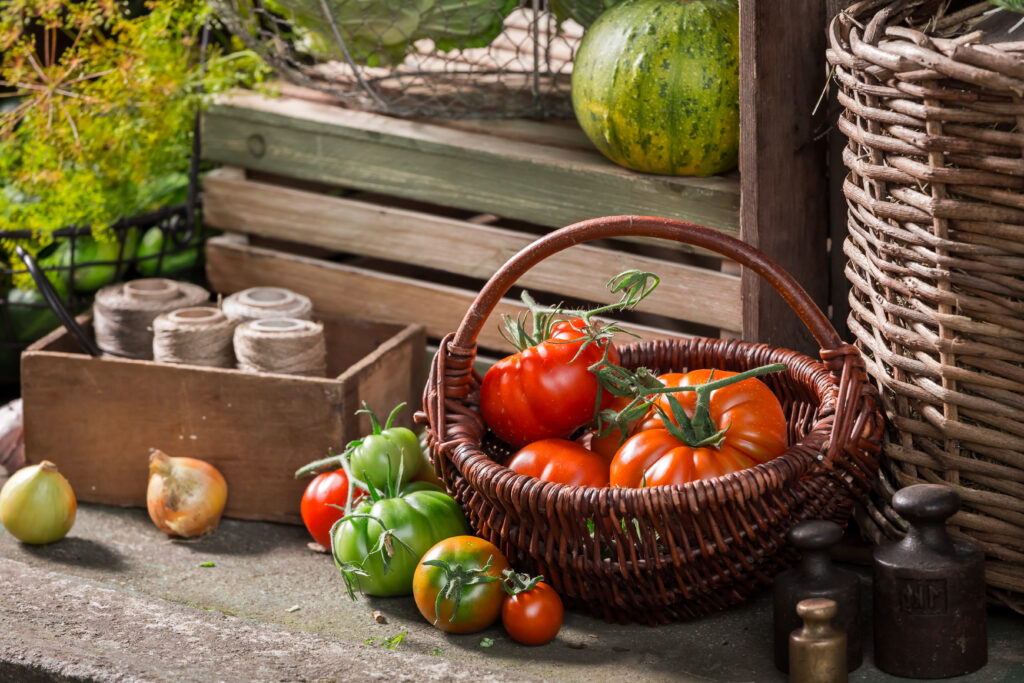
Organic gardens are homes for beneficial insects like ladybugs and bees. These insects are crucial for pollination and controlling pests. Companion planting helps manage pests and improves plant health.
Raised beds are great for urban gardens. They help control soil conditions and are perfect for organic gardening. These beds are great for customizing soil, improving drainage, and extending the growing season in tough climates.
Water conservation is key in organic gardening. It’s important to use water wisely and consider rainwater harvesting. This method cuts down on municipal water use and gives plants clean water.
By following these basic practices, beginners can easily move to organic gardening. They’ll enjoy a healthy garden that’s good for people and the planet.
Choosing the Perfect Garden Location
When you select your site for organic gardening, knowing the basics is key. Most vegetables need 6 to 8 hours of sunlight each day. So, a spot with plenty of sunlight is essential for a healthy garden.
It’s also important to think about how easy it is to water and maintain the area. You should also consider natural barriers against wind and frost. Avoid spots near big trees because their roots can harm your plants.
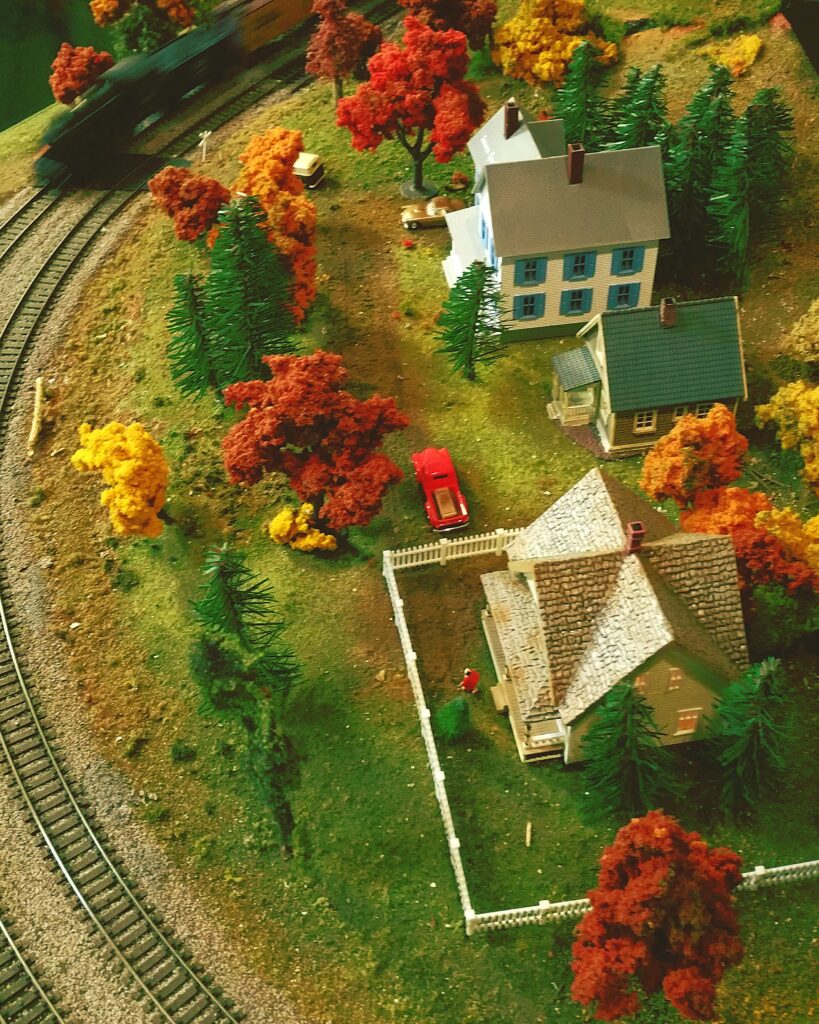
Container gardening is great for small spaces. With just a few square feet of balcony or patio, you can grow many vegetables. Containers let you control the soil and manage pests and weeds easily.
A 4’ x 4’ or 4’ x 8’ raised bed is perfect for beginners. It gives you enough space for many plants without feeling too big.
Think about the weather conditions at your chosen spot, like wind and sun patterns. Stay away from low areas that might freeze or slopes that could wash away water. Adding marigolds can make your garden pretty and keep pests away, making container gardening fun.
Being close to your kitchen or water can help you take better care of your garden. Picking the right spot can boost your garden’s productivity and fun. The Old Farmer’s Almanac suggests using their garden planning tool to map out your space. Think about the size of plants and their needs for the best growth.
Organic Soil and Compost: Nurturing Your Garden’s Foundation
Starting an organic garden begins with great soil. It’s a journey that goes deep into the earth. Compost is key, turning waste into a powerful soil that plants love.
Composting helps soil in many ways. It makes the soil better at holding water and nutrients. Using things like leaves or grass clippings helps plants grow strong. Even beginners can start with a simple heap or bin, making their own nutrient-rich soil for free.
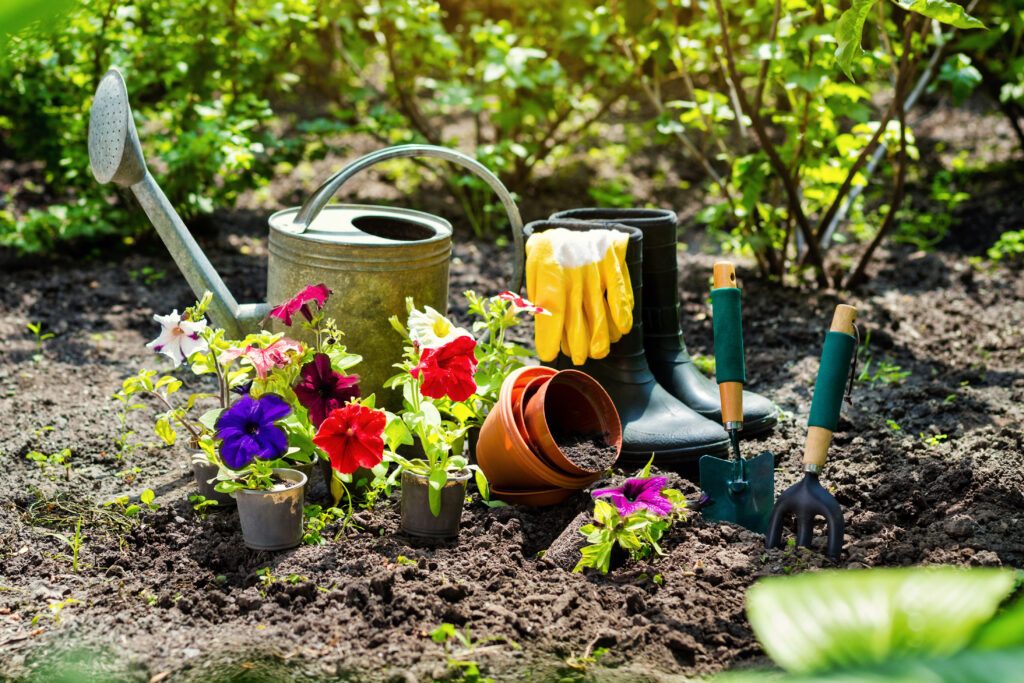
Worm castings from vermicomposting are great for your garden. They add nutrients and microbes that plants need to stay healthy. For a quick option, Bokashi fermentation turns waste into a powerful soil booster with little smell.
When adding to your soil, think about what it needs. You might add sand for drainage or clay for moisture. Soil tests can tell you the best balance of nutrients like nitrogen and phosphorus for your plants.
In chemical-free gardening, every addition helps your garden. It’s about creating a balanced ecosystem. Adding organic matter feeds plants and supports life underground. By enriching your soil organically, you’re starting a garden that respects nature.
Natural Gardening Methods: Pest Control and Maintenance
Using organic gardening practices means using methods like crop rotation and natural pest control. This keeps your garden healthy without harmful chemicals. Research shows that synthetic pesticides harm beneficial organisms and soil and water quality. That’s why many gardeners choose sustainable methods.
Crop rotation is key in organic gardening practices. It stops pests from spreading and makes the soil richer by changing its nutrients each season. Adding companion plants helps keep pests away, making natural pest control safer for your garden.
For natural pest control, you can make your own remedies at home. Use neem oil, insecticidal soaps, or a garlic and chili spray to fight pests. These methods protect your garden while keeping it safe for beneficial insects like ladybugs, which eat aphids.
Keeping your garden healthy with organic methods means doing regular tasks. Clean up debris, ensure good air flow, and keep the ground clean. These steps stop pests and help your garden thrive. Using organic gardening practices also helps pollinators and beneficial microorganisms, making your garden healthier.
In conclusion, using natural pest control and regular maintenance with organic gardening practices like crop rotation keeps your garden healthy. It also supports sustainable gardening. For more on seasonal gardening, check out this link.
Harvesting Your Organic Garden: Tips and Practices
The moment you get to enjoy your harvest is the payoff of hard work in organic gardening practices. It’s important to know when and how to pick your crops. This affects their taste, quality, and nutritional value.
Preparing your garden for planting is just the start. Watching your garden grow and adjusting your picking plan is key to a good harvest.
Following organic gardening practices means no synthetic chemicals and using organic soil helpers. This affects when and how you pick your crops. Leafy greens and root vegetables have different picking times, based on the soil and weather.
Choosing the right tools for harvesting is also important. Clean and proper tools like shears or knives help avoid harming the plants. This reduces disease risk.
Harvesting is more than just picking veggies and herbs. It’s about the joy and pride of a thriving organic garden. Each season teaches you more, improving your skills and love for nature. By enjoying your harvest, you also help make the planet healthier with organic gardening practices.
Water Wisely: Conserving Resources in Your Organic Garden
With water scarcity on the rise, it’s key to garden wisely and save resources. The climate crisis brings more droughts and hosepipe bans, so every saved drop of water is crucial. Efficient watering means using the right amount at the right time, helping the environment and your garden.
Start by checking the soil’s moisture before you water. This ensures you only water when it’s needed, avoiding waste. Drip irrigation is another great method. It sends water straight to the plant’s roots, saving water and feeding the plant better.
Young plants need regular watering to grow strong roots. Some plants like lettuce and pumpkins need a lot of water. Make sure to water them well. Also, give new trees and shrubs enough water from March to October if it’s dry.
Container gardens need special care to save water. Plants in terracotta pots dry out faster because the pots are porous. Keep these pots in a spot that gets some shade and water them carefully.
Using rainwater is a smart move. Collect it in barrels to cut down on treated water use. Mulching helps keep the soil moist and can save up to 50% on watering. Adding organic matter to the soil also helps it hold moisture better.
Planting drought-resistant plants like lavender and rosemary is another way to save water. These plants can survive dry spells with little water, making them perfect for saving resources.
Every drop of water saved helps our planet. By gardening wisely, organic gardeners can care for their gardens and protect our precious resources.
The Joy of Continuous Learning in Organic Gardening
Starting with organic gardening is a journey of learning and growth. It’s more than just wanting fresh produce. It’s about continuous education and improving yourself. A gardener with over 20 years of experience says it’s just the start of a fulfilling life.
Every step, from planning the garden to harvesting, teaches something new. Resources like “The 100 Square Foot Garden” and “All New Square Foot Gardening” help with space and efficiency. “Rosemary Gladstar’s Medicinal Herbs” introduces healing plants.
Online, the “Growing Your Greens YouTube channel” offers tutorials. Classes like “Composting for Beginners” show how to start. These resources make learning easy for everyone.
Organic gardening has many benefits. Eating organic tomatoes tastes better and shows the power of natural gardening. Studies say organic food tastes better.
It also helps the environment and your health. It lowers stress and saves money on groceries. Organic gardening is rewarding in many ways.
It’s about sustainability, like using kitchen scraps for compost. It’s about creating a safe home for bees. Every part of organic gardening teaches us to care for the earth.
